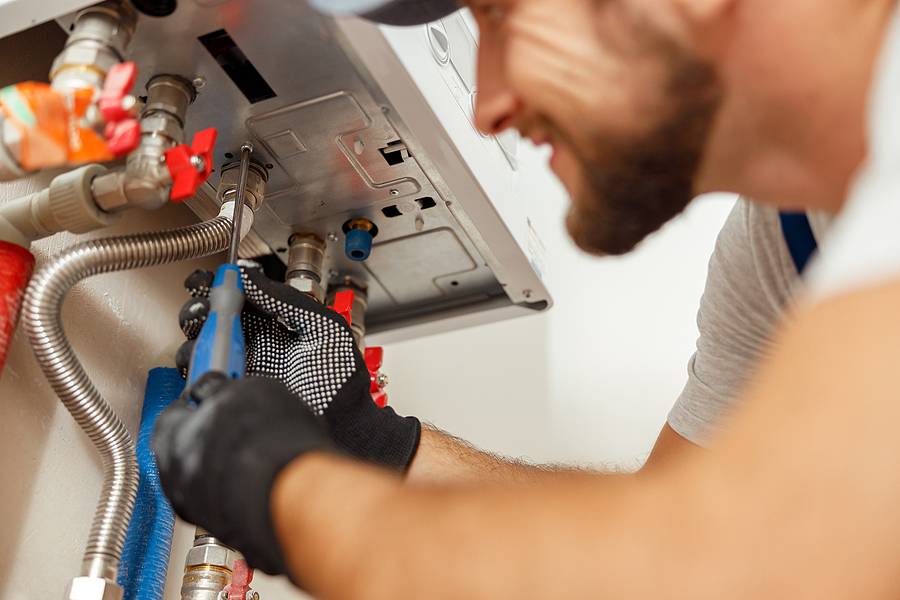Call This Thursday to Get $50 Off
Schedule a Local Plumber in Morgantown Area - Call us Now to Get $35 OFF.
4.8 / 5 Ratings based on 794 reviews Great Plumbers, Great Reviews
Call This Thursday to Get $50 Off
Schedule a Local Plumber in Morgantown Area - Call us Now to Get $35 OFF.

The growing trend of Do-It-Yourself home improvements has seen homeowners tackle various projects from painting walls to building decks. However, certain home upgrades are usually left to professionals, and plumbing projects typically fall into that category. At Mr. Rooter Plumbing, we provide quality plumbing services for our local customers including water heater installation and replacements. We’ve seen our fair share of mishaps, and we want you to be able to avoid them. Keep reading to discover why water heater installations are considered complex tasks not suitable for a typical DIY project.
Taking the DIY approach may seem cost-effective initially, but any complications or potential mistakes can lead to additional costs and time delays. For instance, if the installation is done incorrectly, it could lead to water leaks, causing extensive damage to your home. In addition, when planning any major upgrade, homeowners should be aware of the legal requirements and potential challenges associated with the project. In most building jurisdictions, for instance, a permit is required for water heater replacements. It's easy to overlook this, but non-compliance can lead to hefty fines.
An experienced plumber brings a high degree of expertise to installation projects. They can ensure the water heater complies with the current building code requirements and carefully check several aspects before, during, and after the installation process.
While the allure of a DIY installation might be tempting, it's important to remember that this is not a simple task. It requires an understanding of complex legal requirements, technical knowledge, and strict adherence to safety protocols. The risks and potential dangers involved far outweigh any savings you might expect from not hiring a professional plumber. If you need a new water heater installation, repair, or replacement service, reach out to the team at Mr. Rooter Plumbing. Our reliable water heater installers can help you get the most from your plumbing system.
Selling a home involves more than fresh paint and staging furniture. Buyers look beneath the…
Read More+A working garbage disposal keeps your kitchen efficient and sanitary, grinding food waste and helping…
Read More+Hidden leaks are one of the most frustrating plumbing problems homeowners face. Water damage often…
Read More+